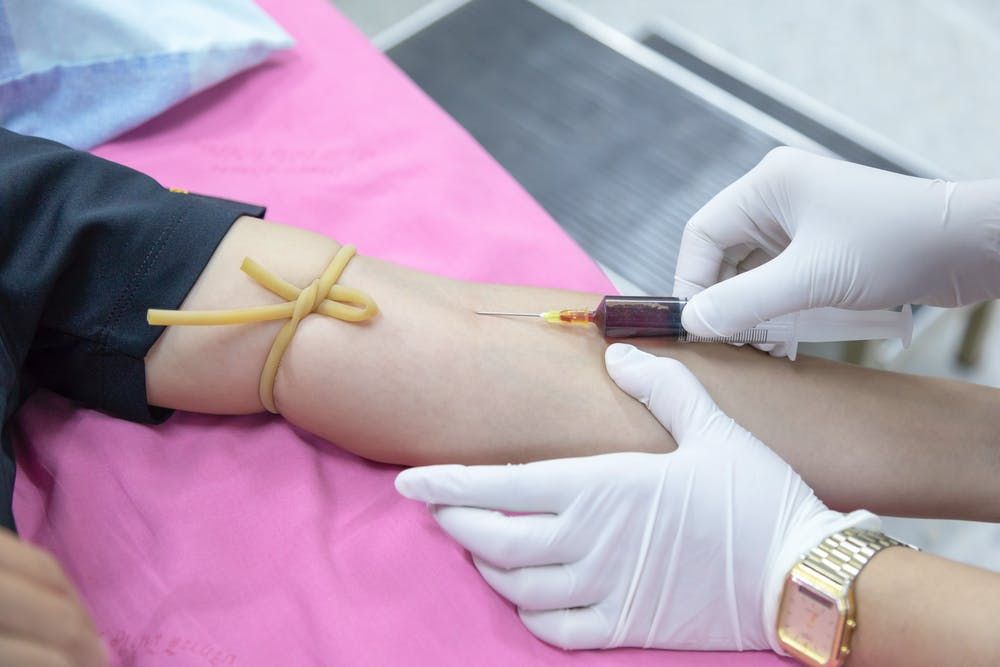With the method, mitochondrial DNA levels can be quantified directly in the blood, without the need for intermediate steps.
In a recent study published in the journal JCI Insight, researchers have shown that a simple blood test that gives fast results can predict within a day after hospitalization which patients with coronavirus disease 2019 (COVID-19) are most at risk of developing serious complications or deaths. The study was conducted at the Washington University School of Medicine in St. Louis. Louis.
The study consisted of 97 patients who had just been admitted to Barnes-Jewish Hospital with a confirmed case of COVID-19. The blood test used measures the patient’s levels of mitochondrial DNA, a unique molecule that normally resides in the energy factories of a cell. When these molecules start flowing into the bloodstream, it is a good indication that some kind of violent cell death is occurring somewhere in the body.
“Physicians need better tools to evaluate the status of COVID-19 patients as early as possible because many of the treatments – such as monoclonal antibodies – are deficient, and we know that some patients will get better without intensive treatments,” Andrew E. Gelman, co-senior author of the study, said. “There is so much we do not yet understand about this disease. In particular, we need to understand why some patients, regardless of their age or underlying health in some cases, go into this hypinflammatory death spiral.”
Findings from the study showed that mitochondrial DNA levels were significantly higher in the patients who were eventually admitted to the ICU, intubated, or died. The levels of those who developed or died of severe lung dysfunction were on average ten times higher. They were also found to be 6 times more likely to intubate, three times more likely to be admitted to the ICU, and nearly 2 times more likely to die compared to those with lower levels.
Furthermore, the blood test could predict the outcomes of patients just as well or even better than existing markers of inflammation currently being measured in patients admitted to the hospital.
“Viruses can cause a type of tissue damage called necrosis, which is a violent, inflammatory response to the infection. The cell breaks open and releases the contents, including mitochondrial DNA, which itself causes inflammation,” Gelman said. “In COVID-19 patients, there was anecdotal evidence of this type of cell and tissue damage in the lung, heart and kidney. We think it is possible that measures of mitochondrial DNA in the blood may be an early sign of this type of cell death. in vital organs. “
